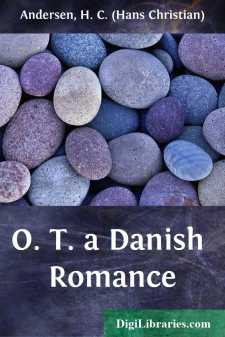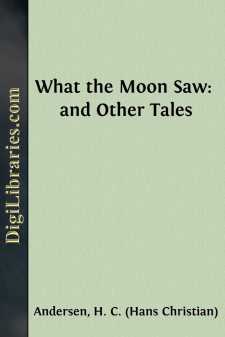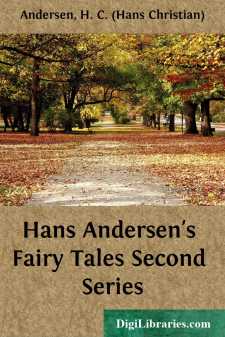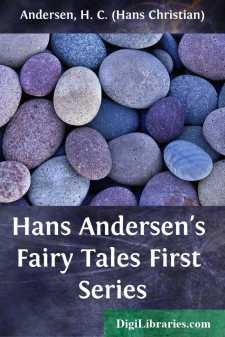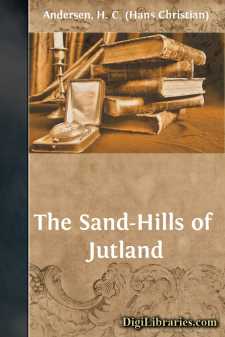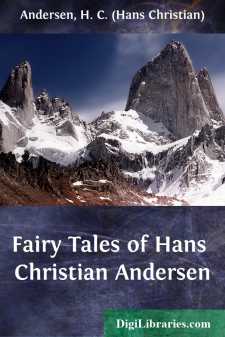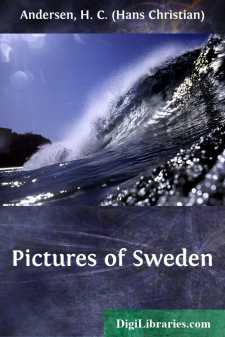Categories
- Antiques & Collectibles 13
- Architecture 36
- Art 48
- Bibles 22
- Biography & Autobiography 813
- Body, Mind & Spirit 142
- Business & Economics 28
- Children's Books 15
- Children's Fiction 12
- Computers 4
- Cooking 94
- Crafts & Hobbies 4
- Drama 346
- Education 46
- Family & Relationships 57
- Fiction 11828
- Games 19
- Gardening 17
- Health & Fitness 34
- History 1377
- House & Home 1
- Humor 147
- Juvenile Fiction 1873
- Juvenile Nonfiction 202
- Language Arts & Disciplines 88
- Law 16
- Literary Collections 686
- Literary Criticism 179
- Mathematics 13
- Medical 41
- Music 40
- Nature 179
- Non-Classifiable 1768
- Performing Arts 7
- Periodicals 1453
- Philosophy 64
- Photography 2
- Poetry 896
- Political Science 203
- Psychology 42
- Reference 154
- Religion 513
- Science 126
- Self-Help 84
- Social Science 81
- Sports & Recreation 34
- Study Aids 3
- Technology & Engineering 59
- Transportation 23
- Travel 463
- True Crime 29
O. T. a Danish Romance
Description:
Excerpt
CHAPTER I
"Quod felix faustumque sit!"
There is a happiness which no poet has yet properly sung, which no lady-reader, let her be ever so amiable, has experienced or ever will experience in this world. This is a condition of happiness which alone belongs to the male sex, and even then alone to the elect. It is a moment of life which seizes upon our feelings, our minds, our whole being. Tears have been shed by the innocent, sleepless nights been passed, during which the pious mother, the loving sister, have put up prayers to God for this critical moment in the life of the son or the brother.
Happy moment, which no woman, let her be ever so good, so beautiful, or intellectual, can experience—that of becoming a student, or, to describe it by a more usual term, the passing of the first examination!
The cadet who becomes an officer, the scholar who becomes an academical burgher, the apprentice who becomes a journeyman, all know, in a greater or less degree, this loosening of the wings, this bounding over the limits of maturity into the lists of philosophy. We all strive after a wider field, and rush thither like the stream which at length loses itself in the ocean.
Then for the first time does the youthful soul rightly feel her freedom, and, therefore, feels it doubly; the soul struggles for activity, she comprehends her individuality; it has been proved and not found too light; she is still in possession of the dreams of childhood, which have not yet proved delusive. Not even the joy of love, not the enthusiasm for art and science, so thrills through all the nerves as the words, "Now am I a student!"
This spring-day of life, on which the ice-covering of the school is broken, when the tree of Hope puts forth its buds and the sun of Freedom shines, falls with us, as is well known, in the month of October, just when Nature loses her foliage, when the evenings begin to grow darker, and when heavy winter-clouds draw together, as though they would say to youth,—"Your spring, the birth of the examination, is only a dream! even now does your life become earnest!" But our happy youths think not of these things, neither will we be joyous with the gay, and pay a visit to their circle. In such a one our story takes its commencement.
"At last we separate:
To Jutland one, to Fünen others go;
And still the quick thought comes,
—A day so bright, so full of fun,
Never again on us shall rise."—CARL BAGGER.
It was in October of the year 1829. Examen artium had been passed through. Several young students were assembled in the evening at the abode of one of their comrades, a young Copenhagener of eighteen, whose parents were giving him and his new friends a banquet in honor of the examination. The mother and sister had arranged everything in the nicest manner, the father had given excellent wine out of the cellar, and the student himself, here the rex convivii, had provided tobacco, genuine Oronoko-canaster. With regard to Latin, the invitation—which was, of course, composed in Latin—informed the guests that each should bring his own....


